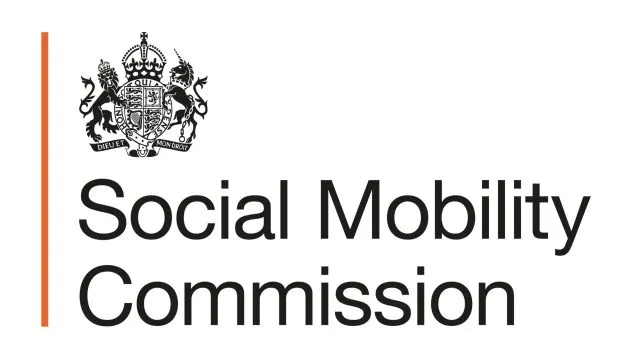Effective training and careers guidance for frontline or low skilled workers can increase progression, pay, and subsequently, social mobility. 1 Benefits of a strong progression culture for organisations include increased productivity and growth, higher quality outputs, decreased staff turnover (and recruitment costs) and being a more attractive employer. Despite these benefits, progression from the frontline within the retail, industrial, and hospitality industries is low. Offering training to the frontline is also less common, and when it is provided and optional, uptake can be low.2 Supporting frontline staff to achieve upward social mobility has the potential for positive intergenerational impacts, as children who grow up in more affluent households tend to have better outcomes.
We used a behavioural approach to explore barriers and facilitators to the provision and uptake of training and careers guidance amongst frontline workers in the retail, industrial, and hospitality sectors. We developed an Organisational Practice Model that identifies barriers to desired behaviours and opportunities to intervene for positive change. This report makes recommendations about how government can support organisations to increase their offer.
